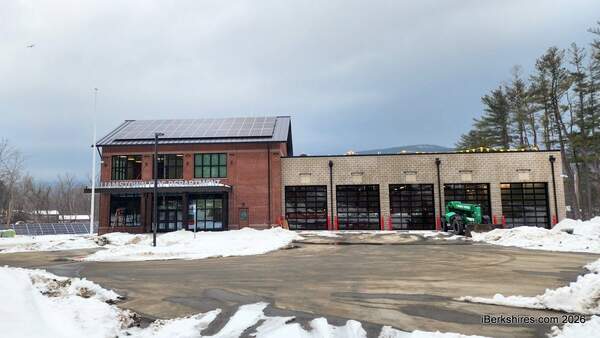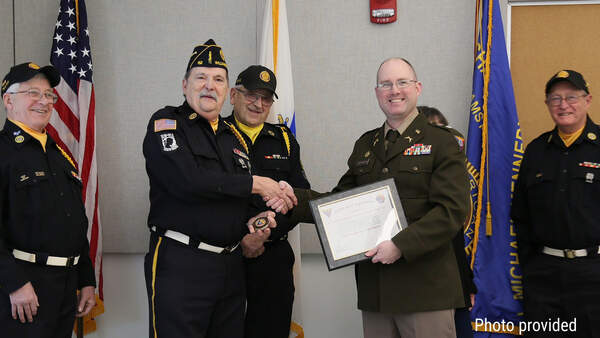Letter: Replace Williamstown Town Meeting With Ballots
 |
To the Editor:
If you have a car that will cost $15,000 to repair and then it will only be trustworthy for short trips. Do you fix it? Very few would do that. Instead you replace it.
If you have a quaint, but broken form of town governance, why spend taxpayers' money to keep a quaint, but outdated broken failed system?
The Williamstown Town Meeting should be fully replaced by the Australian ballot. Why does it need total replacement?
First, the town's population is older than it used to be. Why torture old geezers like me any more than necessary to sit through long meetings of limited value?
Second, the iBerkshires.com article on town meeting notes that typical town meeting attendance rarely exceeds 500. Five hundred are regularly making decisions, spending taxpayer money and affecting the way of life for a population close to 8,000?
Third, over the years town meeting has devolved into a system of ramming through the wants, needs, and desires of a few.
My guess is that roughly 1,500-2,000 citizens vote regularly in town elections. That's three or four times the number typically attending a town meeting. Even more will vote after the town meeting is eliminated. There is usually a 12-hour window to vote, which makes voting at the polls accessible to more citizens, too.
I vote regularly at elections, but this former selectman will never attend any kind of meeting unless my life depends on it.
How do we make the Australian ballot work? Permit mail-in ballots. If the ballot is too long, it may indicate the need to be more succinct. Ensure that there are inclusive handicapped, wheelchair, and sitting voting booths at the polling site.
Also, institute, a process whereby the town emails those who opt-in all the agendas of all town board meetings 48 hours before each meeting. Also offer an opt-in for all approved board minutes to be emailed out. Replying to a specific meeting link will send an email to the board chair for inclusion in that meeting's discussion.
Make agendas and minutes accessible to others without computer or cable access, too, in places like the library, landfill, and other sacred gathering places.
Currently, the town meets its legal 48-hour advance meeting notice posting requirement by posting agendas in those little window boxes outside the town hall entrance. This is archaic, and it should be changed and improved.
After a board finalizes items intended for voting at the election, the town moderator will interview the board chair for a full explanation of the ballot(s) item(s) three weeks before the election. This will be emailed out, uploaded to YouTube, and made available for those who do not have computer or cable access in the designated places.
This is the case for eliminating the town meeting. Discussion?
Ken Swiatek
Williamstown, Mass.
Tags: town meeting,















